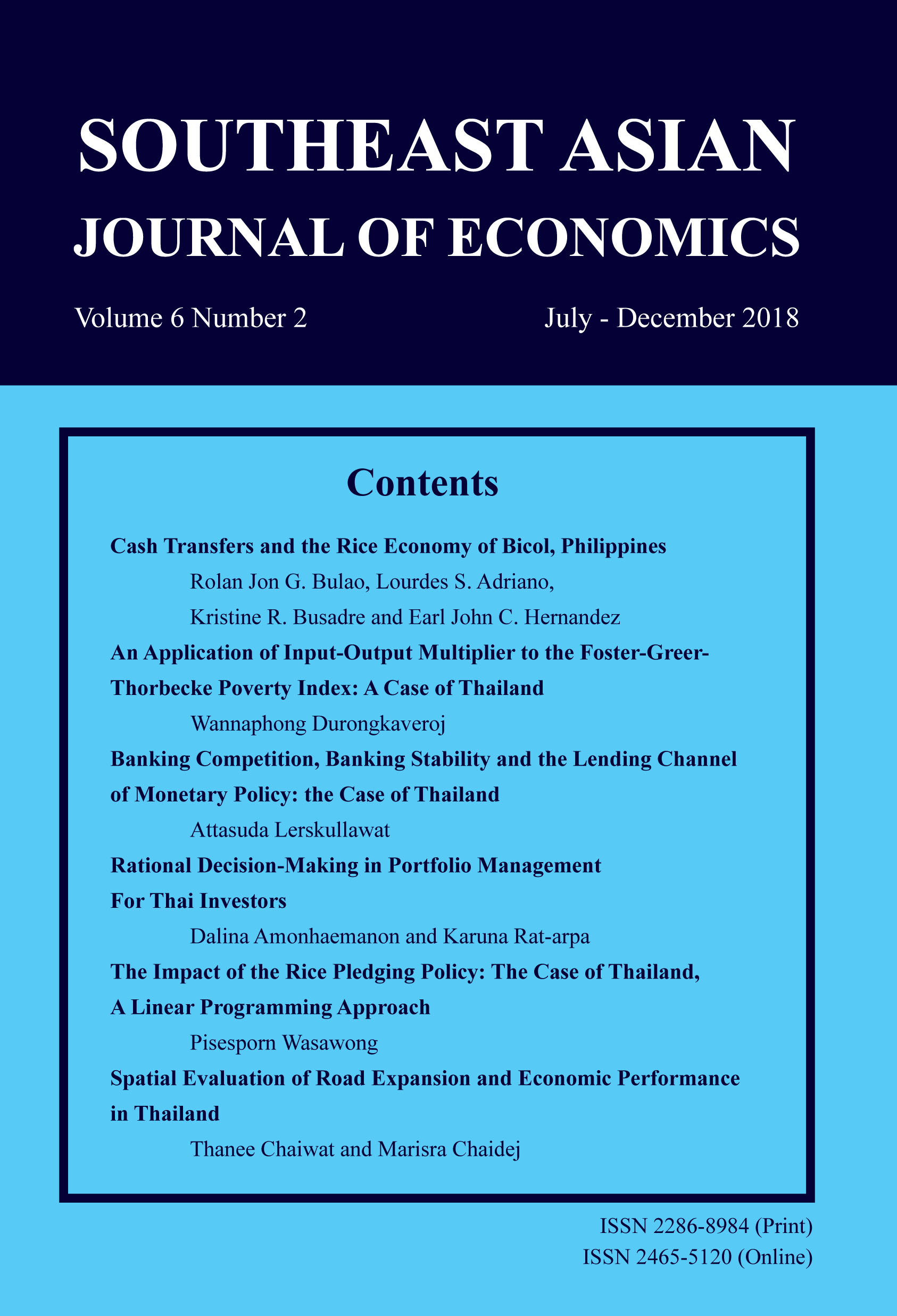Social Networks and Peer Efects on Academic Performance1
Keywords:
Peer Effects, Academic Performance, Spatial Autoregressive, Endogenous Effect, Social NetworksAbstract
Peer effects in education—effects of peers’ academic outcomes or characteristics on a student’s academic outcomes—have been studied extensively but there is still no consensus on peer effects under university settings. This paper attempts to estimate peer effects on undergraduate students’ GPA using a spatial autoregressive model with individual-specific social interactions in a group setting to separate endogenous peer effects from contextual peer effects. We conduct a survey of students’ social networks to identify different types of peer groups: best friends, study groups, hangout groups and activity groups. We find positive and significant endogenous peer effects in all group types except best friends and the endogenous peer effect in study groups is the largest. This is intuitive since interactions in study groups may be aimed at improving academic performance whereas interactions among best friends may be more personal and thereby have no effect on academic outcomes.
Downloads
Published
How to Cite
Issue
Section
License
Copyright (c) 2023 SOUTHEAST ASIAN JOURNAL OF ECONOMICS

This work is licensed under a Creative Commons Attribution-NonCommercial-NoDerivatives 4.0 International License.
The submission of a manuscript implies that the paper is an original work and has not been published elsewhere. The author(s) authorize the journal to reproduce or distribute the paper in printed or other electronic forms.







